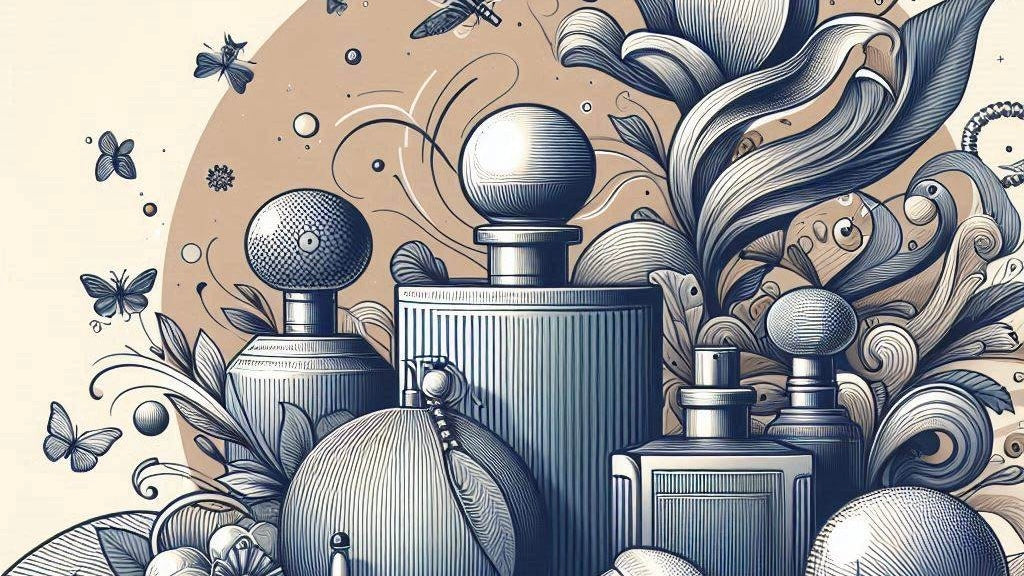Perfume, a small luxury beloved by many, not only enhances personal charm but also leaves a lasting impression on various occasions. However, many perfume enthusiasts often wonder: does perfume expire? And if it does, can it still be used?
Firstly, it's important to understand the main components of perfume. Perfumes are typically made up of alcohol, distilled water, and fragrance oils, which are blends of various essential oils. Essential oils contain compounds like aldehydes and phenols, which have good antibacterial properties. Therefore, theoretically, perfumes are not prone to expiration.
However, the shelf life of perfumes is often marked as five years. This is because manufacturers set this as a recommended usage period to assure consumers. In reality, if stored properly, unopened perfumes can last much longer, even up to ten years without any issues.
Once opened, perfumes begin to interact with the air, causing the alcohol to evaporate gradually, which may lead to changes in the fragrance. Over time, perfumes may discolor or develop an off smell due to the alteration in the concentration of the fragrance oils. If you notice significant changes in the color, scent, or texture of your perfume, it's best not to use it.
If you're concerned about potential skin reactions from using expired perfume, you can perform a patch test on the inside of your wrist. If there are no allergic reactions or other adverse effects, you may continue to use the perfume.
In conclusion, the expiration of perfume is not absolute. Proper storage and regular inspection of your perfume collection can help you better determine when to stop using a particular bottle. Remember, perfume is not just a scent; it also carries memories and emotions, so even if it can no longer be used, it may still become a treasured part of your collection.

